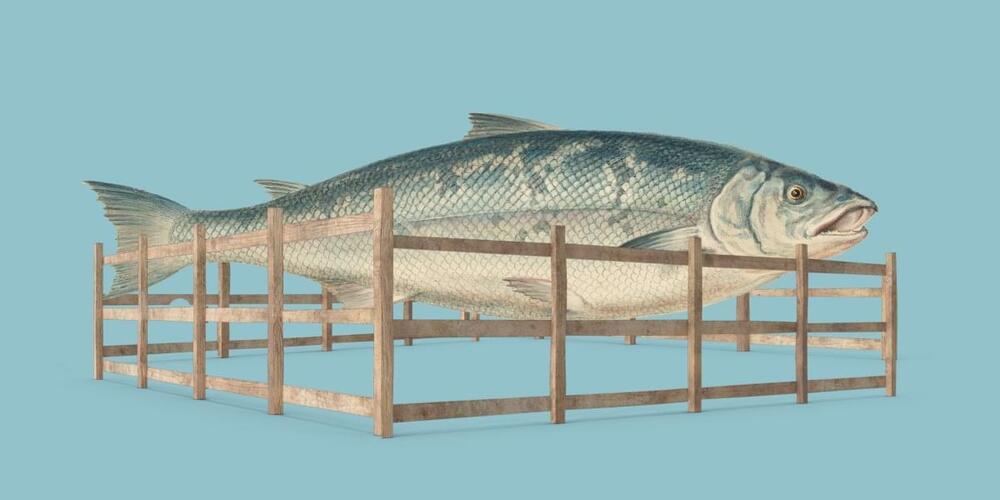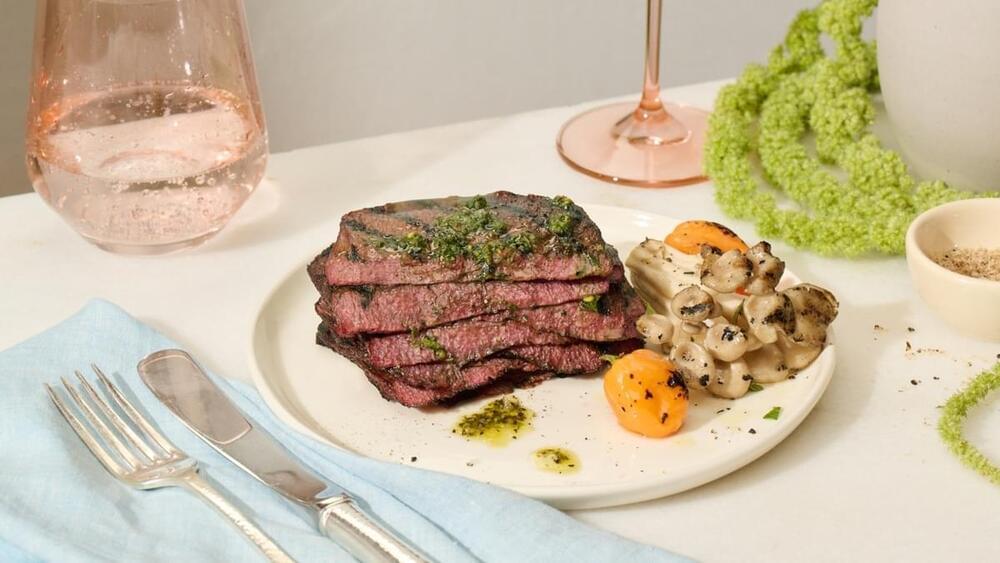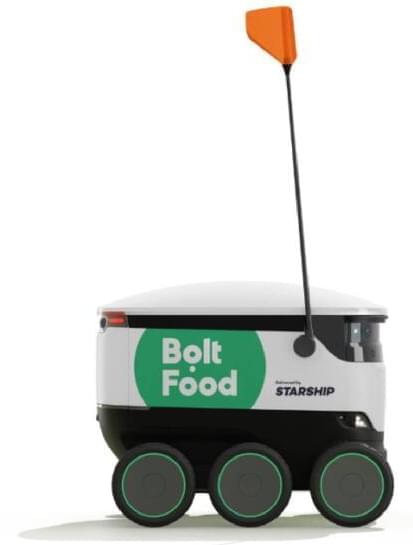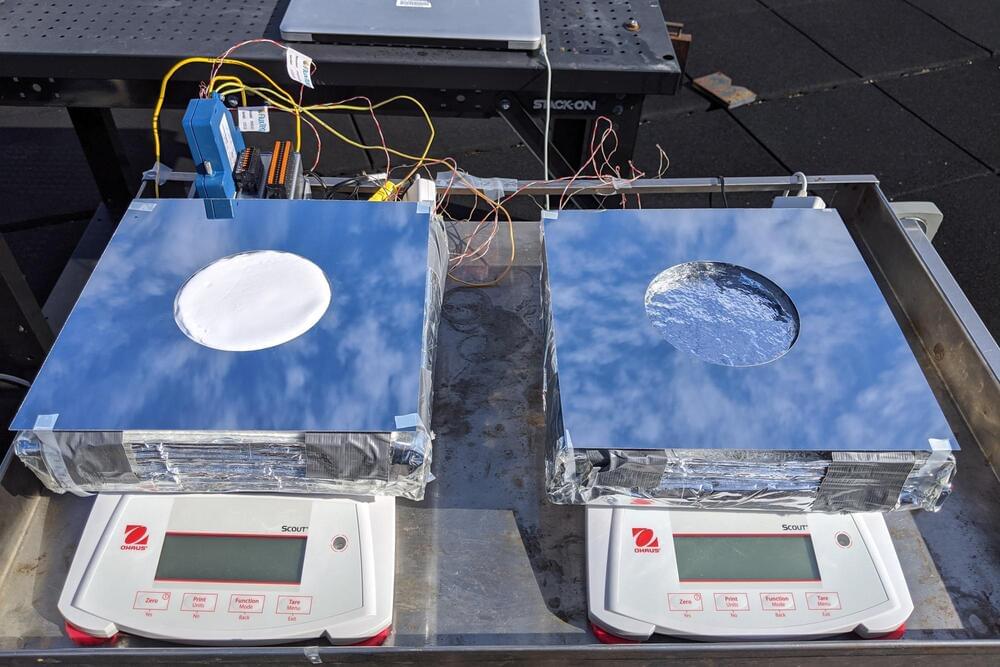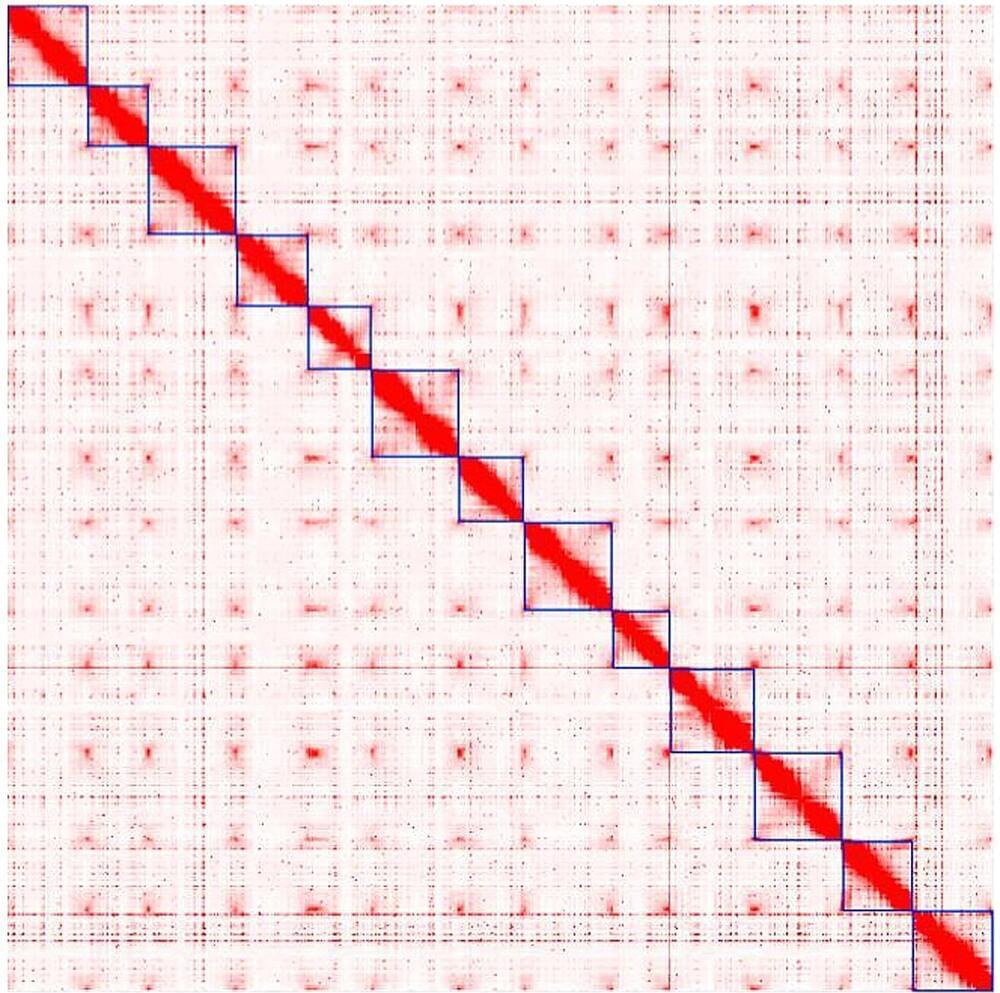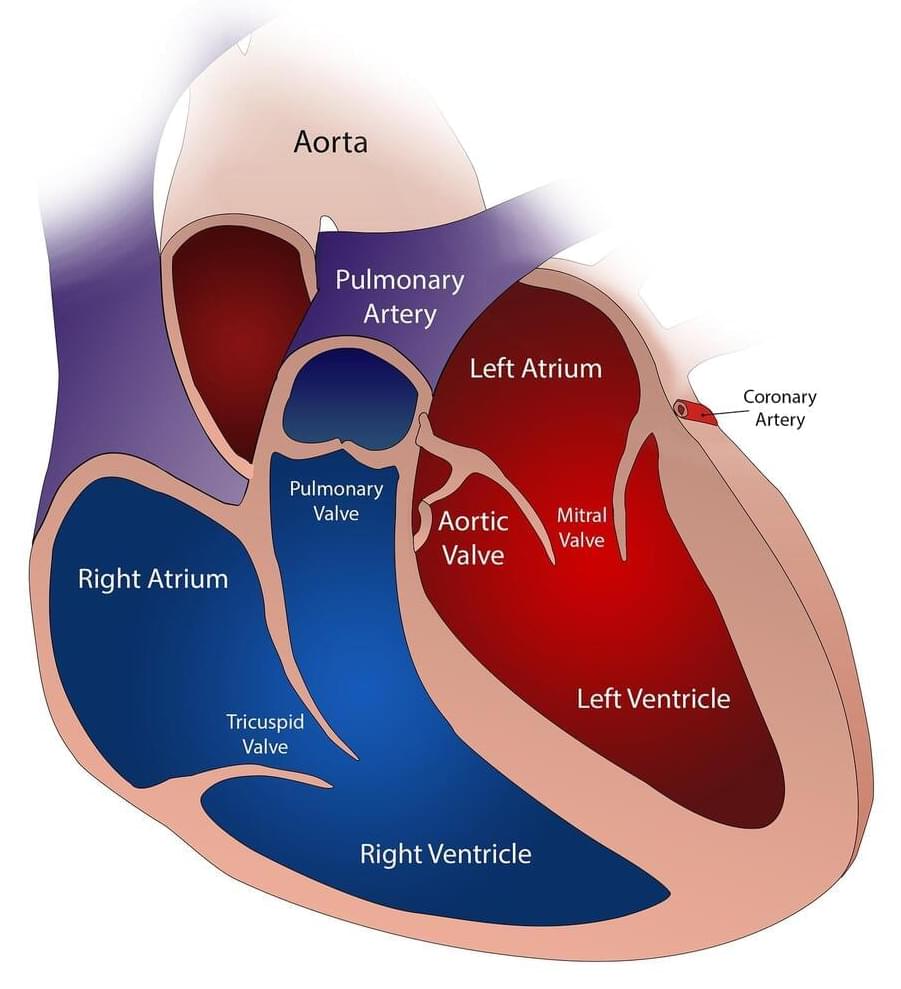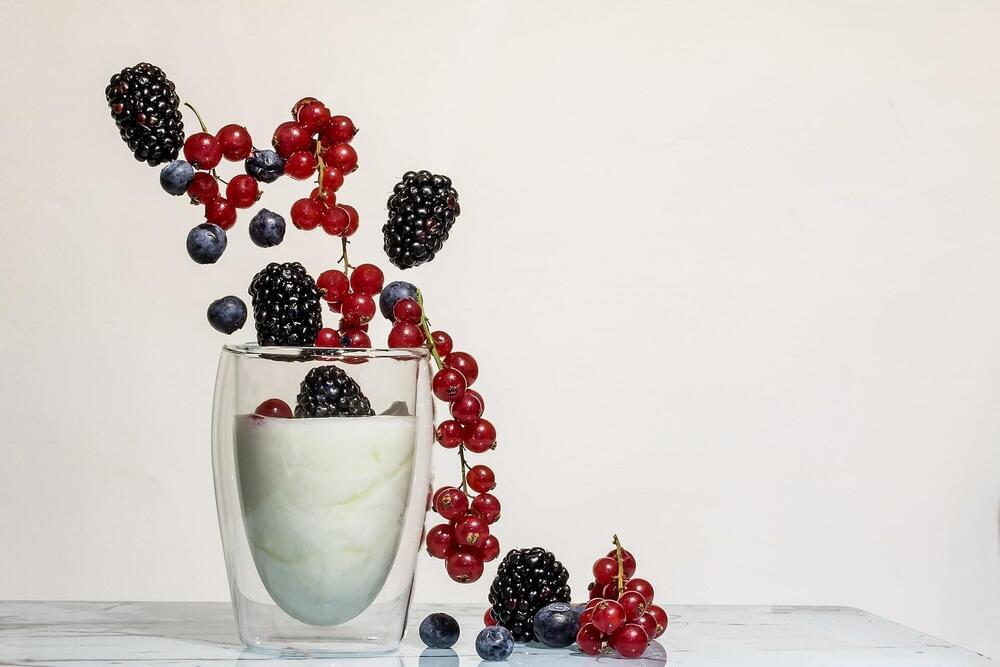Jun 26, 2023
How CRISPR is making farmed animals bigger, stronger, and healthier
Posted by Omuterema Akhahenda in categories: biotech/medical, food, genetics, health
The technology could eventually revolutionize health care. We’ve seen CRISPR start to be used experimentally to treat children with cancer, for example. It is being explored for lots of genetic diseases. And last year, a company used CRISPR to try to treat a woman with dangerously high cholesterol.
But CRISPR could also transform farming, including aquaculture. This week, I wrote about researchers who inserted an alligator gene into catfish. The idea isn’t to make these fish more alligator-like, but to make them more resistant to disease. It turns out that alligators have a particular talent for fighting off infections.
These gene-edited fish, pigs, and other animals could soon be on the menu.
Continue reading “How CRISPR is making farmed animals bigger, stronger, and healthier” »
